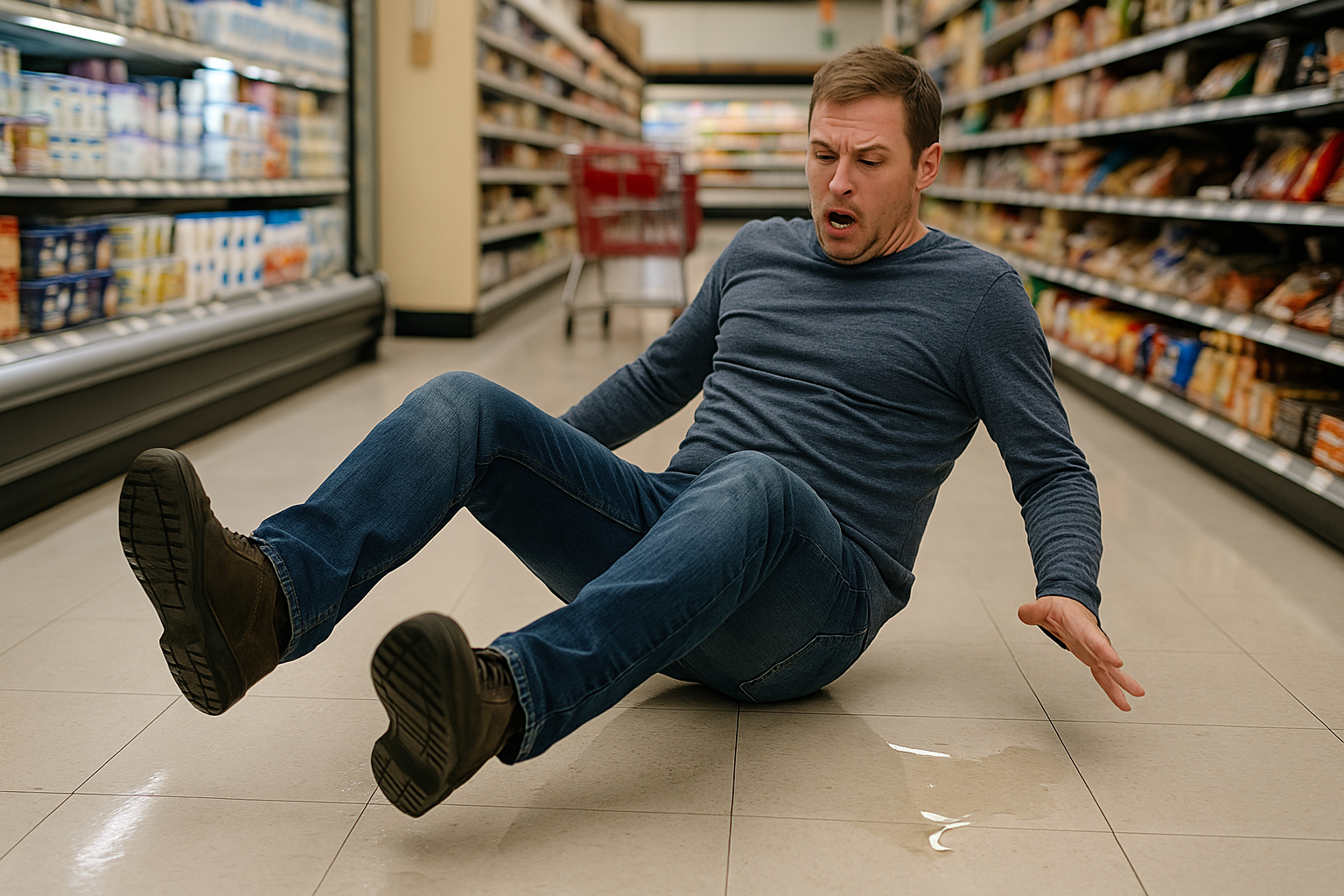Proving Negligence in a New Jersey Slip and Fall Case
Slip and fall accidents can happen anywhere — in a grocery store, restaurant, office building, or even on a poorly maintained sidewalk. While these incidents may seem straightforward, proving negligence in a New Jersey slip and fall case can be complex. To recover compensation for your injuries, you must establish that another party’s carelessness directly caused your accident.
Understanding Premises Liability in New Jersey
Slip and fall cases fall under premises liability law, which holds property owners and occupiers responsible for maintaining safe conditions on their premises. In New Jersey, all property owners — whether residential, commercial, or public — have a legal duty to keep their property reasonably safe for visitors.
However, the level of responsibility depends on the visitor’s status:
- Invitees (such as customers or clients) are owed the highest duty of care.
- Licensees (social guests, for example) must be warned of known dangers.
- Trespassers are generally owed the least duty, except in certain circumstances involving children or willful harm.
Four Elements of Negligence in Slip and Fall Cases
To succeed in a slip and fall claim, you must prove all four elements of negligence:
- Duty of Care – The property owner owed you a duty to maintain a safe environment or warn of hazards.
- Breach of Duty – The owner failed to act reasonably, such as by not cleaning up a spill, repairing a broken step, or marking off a wet floor.
- Causation – The unsafe condition directly caused your injury.
- Damages – You suffered measurable harm, such as medical bills, lost wages, or pain and suffering.
Common Evidence Used to Prove Negligence
Strong evidence is key to building a successful case. Your attorney will help gather documentation such as:
- Accident reports and witness statements
- Photographs or videos of the hazardous condition
- Surveillance footage from the property
- Maintenance logs showing neglect or failure to inspect the area
- Medical records linking your injuries to the fall
In many cases, the timing of the accident matters. For example, if a spill occurred seconds before your fall, the property owner may not have had a reasonable opportunity to fix it. But if the hazard existed for hours or days, liability is much clearer.
Comparative Negligence in New Jersey
New Jersey follows the rule of modified comparative negligence, meaning your compensation may be reduced if you are found partially at fault for your accident. For instance, if you were texting while walking or ignored warning signs, a court may assign you a percentage of fault. You can still recover damages as long as you are less than 51% responsible.
Why Legal Representation Matters
Slip and fall claims often involve disputes over how long the hazard existed, who was responsible for maintenance, and whether the victim exercised reasonable care. An experienced personal injury attorney can:
- Investigate the scene and gather evidence
- Interview witnesses and obtain expert testimony
- Negotiate with insurance companies
- Pursue compensation for medical bills, lost income, and pain and suffering
Speak With a New Jersey Slip and Fall Attorney
At Simon Law Group, LLC, our personal injury attorneys help victims of slip and fall accidents across Somerset, Hunterdon, Middlesex, Morris, and surrounding counties recover the compensation they deserve. If you were injured on someone else’s property, don’t wait — important evidence can disappear quickly.
Contact us today for a free consultation 800-709-1131 or TEXT us at 908-864-4450 and let our team help you prove negligence and protect your rights.



